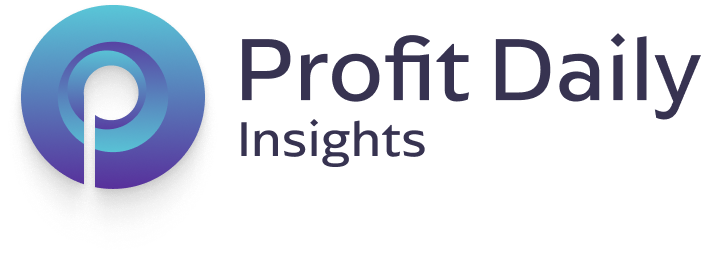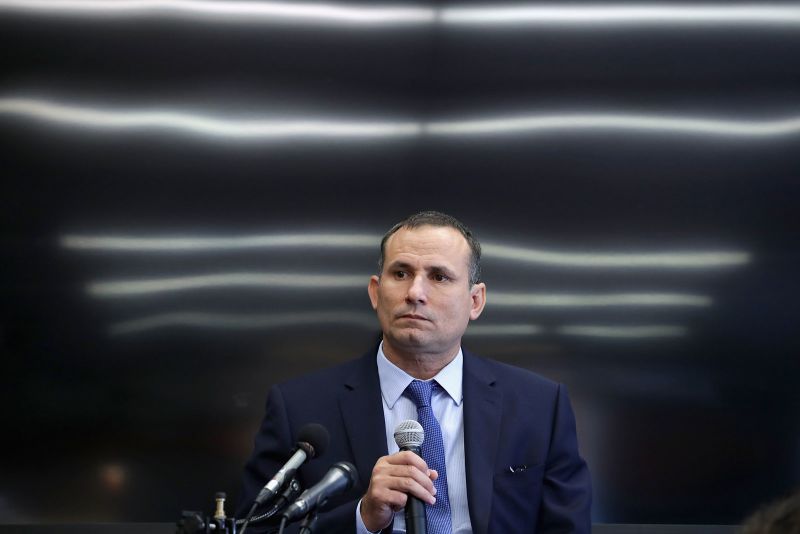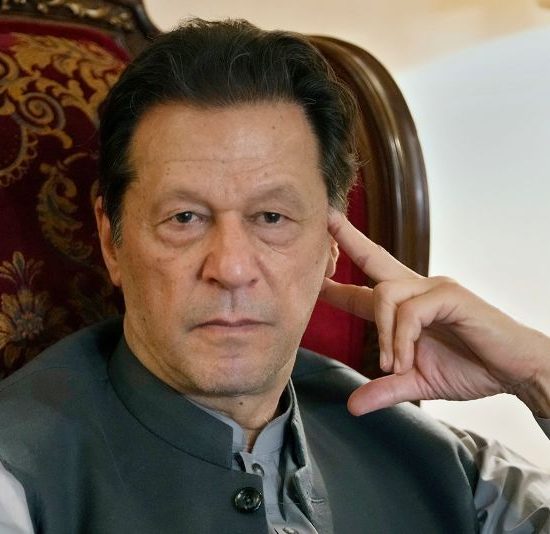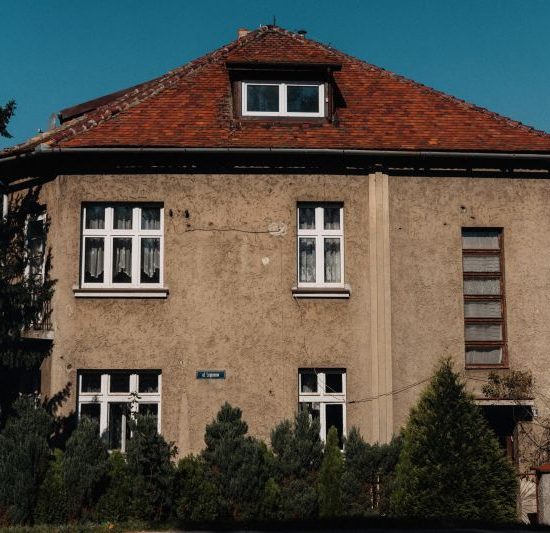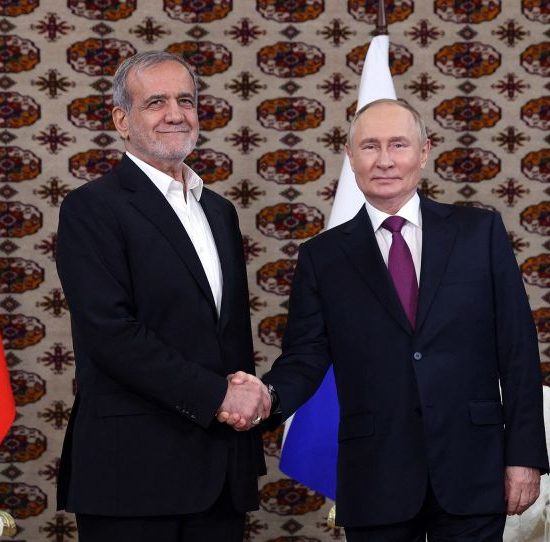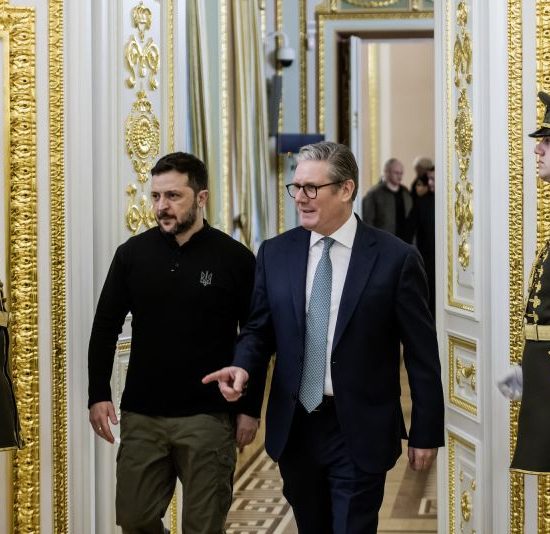Cuban officials on Thursday freed a prominent opposition activist, a last-minute diplomatic change in fortunes for the Biden administration which had sought his release but long seemed unable to influence events on the island.
Jose Daniel Ferrer, the leader of one of the largest banned anti-government groups in Cuba, was released two days after a surprise flurry of diplomatic activity involving the communist-run island in the waning days of the Biden administration.
On Tuesday, State Department officials announced the removal of Cuba from a US list of countries that support terrorism, also saying that Cuban officials had agreed to a Vatican request to free Cubans jailed for anti-government activity among other crimes.
Cuban officials said they would “gradually” free 553 prisoners, although they cautioned that they were not issuing an amnesty and that those being selected for release could be forced to complete their sentences if they didn’t exhibit “good social behavior.”
For more than three years, US officials in particular had called on the Cuban government to release Ferrer, who was convicted of participating in the July 11, 2021 protests, the most wide spread demonstrations to take place on the island since Fidel Castro’s 1959 revolution.
“Don’t be afraid to fight for a free, prosperous and just Cuba,” Ferrer said in a telephone interview following his release Thursday with Radio Martí, a US government-funded radio station that Cuban officials have long accused of trying to destabilize the island.
While the fiery comments by Ferrer, whom the Cuban government calls “a mercenary” in the employ of the US, are likely to make officials in Havana grit their teeth, for years their top priority has been to convince US officials to remove them from the list of countries that support terrorism, which incurs devastating economic penalties.
Upon taking office, Biden seemed poised to do that until the 2021 protests that led to more than a thousand Cubans convicted in mass trials for rising up against the government.
Following the protests, State Department officials conditioned any improvement in relations on the release of the protestors while Cuban officials said they had received no concrete guarantees that economic sanctions would actually be lifted and that the US should stay out of the island’s internal affairs.
Even visits by Vatican representatives to the island to press for the release of the protestors were unable to break the deadlock until the final days of the Biden administration.
But even as governments across the region applaud the surprise diplomatic breakthrough this week, it looks unlikely that the incoming Trump administration will build upon the brief thaw in relations.
On Wednesday, Sen. Marco Rubio, Trump’s pick for Secretary of State and one of the most hardline opponents to Cuba’s government, blasted their removal from the terrorism list and lifting of other sanctions.
“There is zero doubt in my mind that they meet all the qualifications for being a state sponsor of terrorism,” Rubio said during his confirmation hearing.
While Rubio said during that hearing that any policy changes would be decided by President Trump, he seemed confident of the incoming administration’s position on Cuba.
“I think people know my feelings and I think they know what the president’s feelings have been about these issues when he was president previously,” he said. “And nothing that the Biden administration has agreed to in the last 12 or 18 hours binds the next administration, which starts on Monday.”
But ramping up pressure on Cuba again after more than 60 years of US economic sanctions was unlikely to force the government to adopt political reforms said Peter Kornbluh, the co-author of “Back Channel to Cuba: The Hidden History of Negotiations Between Washington and Havana.”
“Biden got some results,” he said. “He has reminded the world of the model of diplomacy and backchannel efforts to advance US interests. Trump and Rubio represent a model of coercion: sticks versus Biden’s carrots.”
Speaking to reporters Wednesday, Cuban Foreign Minister Bruno Rodriguez Parilla said if the incoming Trump administration did place Cuba back on the list of countries that support terrorism, it would prove his government’s point that the list had become political tool rather than a deterrent.
“If another president came and included Cuba on the list again, we would have to ask ourselves what the reasons are, what the agencies of the US government would say, where the credibility of the government would be,” he said.
